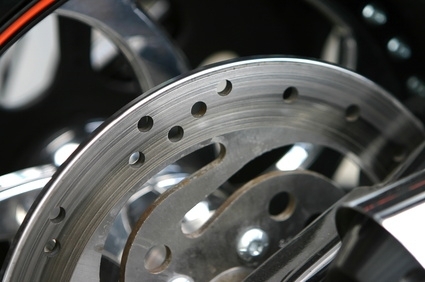
Having a clutch replaced is a costly and labor-intensive proposition, involving separating the transmission from the engine. Driver and passenger safety is paramount; at the same time, it's best to be sure the clutch is really failing, or "slipping," before investing in expensive repair work and a replacement clutch. Fortunately, failing clutches present some distinct symptoms.
Failing clutches are often said to be "slipping," which is exactly the sensation drivers report. The clutch may feel as though it is not fully disengaging or engaging (if the clutch is failing, this is likely accurate). Slippage will be most noticeable when the engine is dealing with a heavy workload, such as when accelerating to pass another vehicle, traveling uphill or pulling a trailer. As the clutch slips, it overheats and incurs additional wear; this not only accentuates the problem but may cause additional damage to the already failing clutch.
While all clutches eventually and inevitably wear down (via the friction they use to exercise control), noise from the clutch and jerking motions can indicate premature failure. This can be caused by oil contamination from several sources: the seal on the main crankshaft, the transmission input shaft or even engine oil. When oil contaminates the clutch facings, they may grab unevenly, causing jerkiness when the clutch is initially engaged. It may also slip when under a heavy workload.
When the clutch temperature gets too hot, either caused by the driver "riding the clutch" or driving aggressively, the facings may become overheated and begin to burn, giving off a peculiar odor. If the clutch has no chance to cool, it may be ruined as may the flywheel and/or pressure plate. Once the clutch disc has been worn beyond a certain point, the clutch may begin to slip noticeably.
Sometimes clutch-related problems can actually be the clutch linkage (or other parts) rather than the clutch itself. Many newer automobiles feature master and slave cylinders with internal pistons with seals that can develop leaks; this may result in the clutch failing to disengage fully or even causing it to engage prematurely. Slave cylinders are more likely to leak since they are situated lower than the master and are more likely to see fluid collect and leak through the seals.